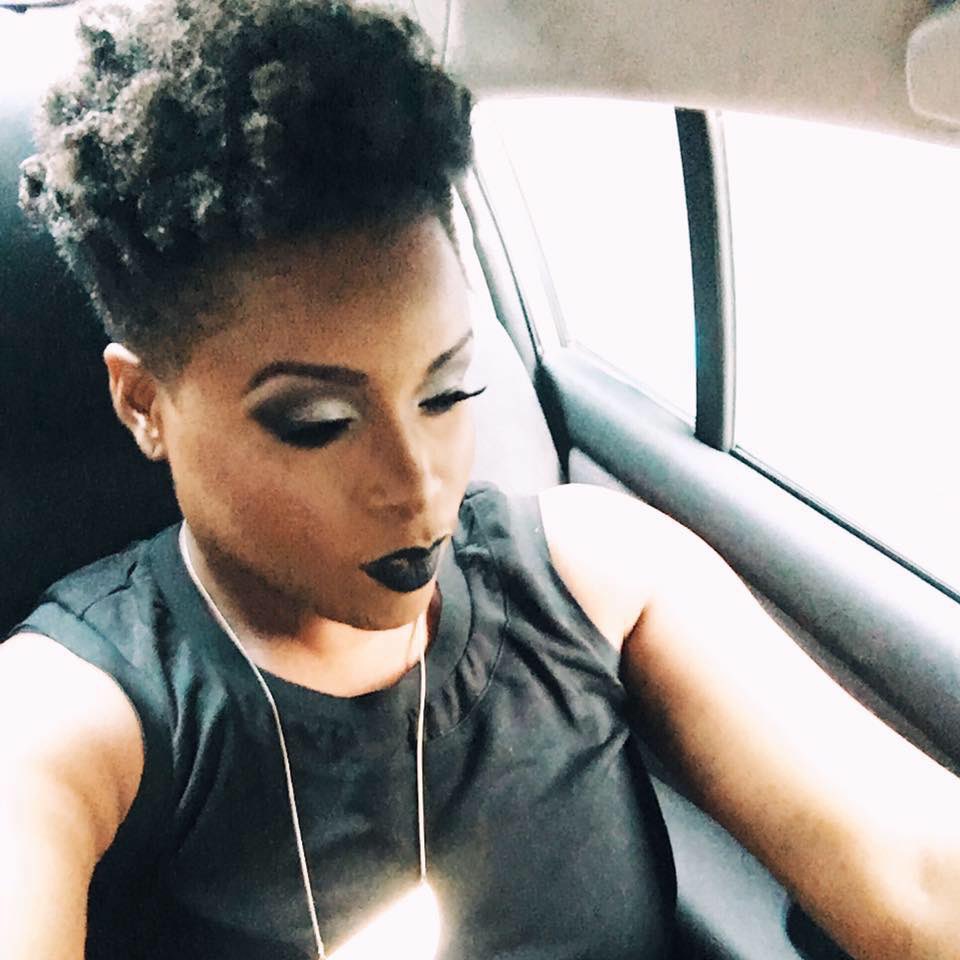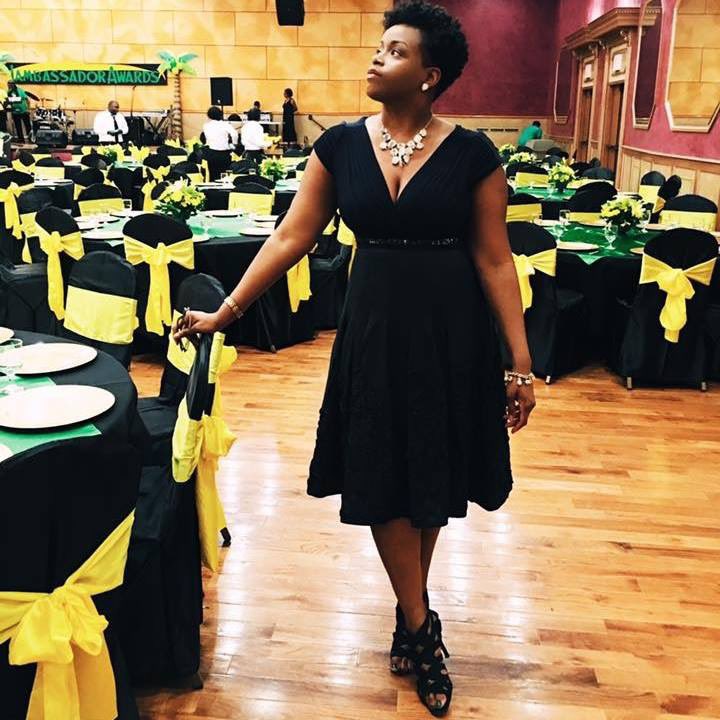1 The flip answer would be that we were just happy that agitation for “fifty-four forty or fight” and fulfillment of “manifest destiny” did *not* lead the US to seize much of what is now Western Canada. Also that Canadian annexationists in the 1890s didn’t prevail. 1/
- swagger
- gun laws
- global projection of force 23/
- environmental depredation
- dismissive attitude toward Canada/Canadians
- contested assertion of sovereignty & global reach
- cultural permeation of the world, esp. Canada
- the legacy of chattel slavery, still significant
- social conservatism, firearms 24/
This isn’t to say ... 29/
Indigenous people in Canada may share the outlook of other Indigenous peoples ... 31/
Thanks to @AlexUsherHESA for being the perhaps unwilling host of this long, sporadically posted thread. 34/
The unroll is upcoming. By the way, there’s no tweet #4. 35/35




